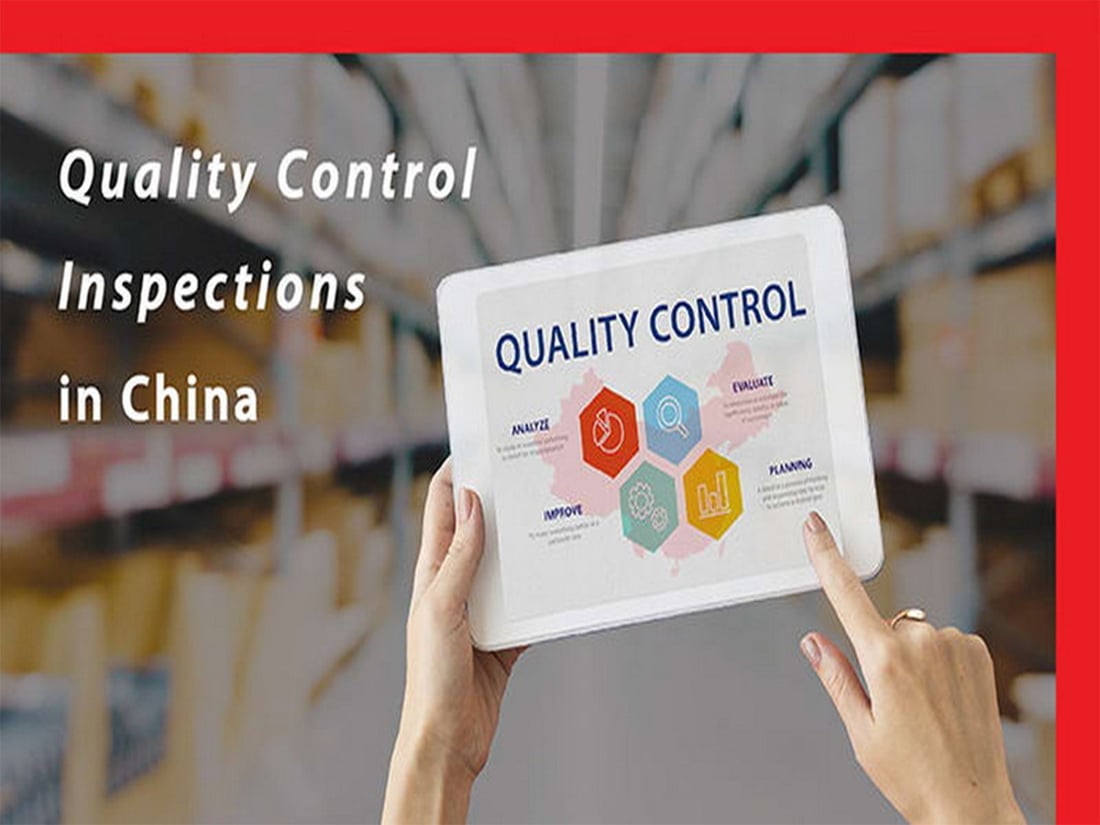Ensuring Quality: The Importance of Product Inspection During Production
In today's competitive market, maintaining high quality standards is crucial for businesses across industries. One of the key processes that helps in achieving this is the inspection of products during production. This article explores the significance of product inspection during production and how it contributes to delivering superior quality products to consumers.
1. Definition and Purpose of Product Inspection during Production
Product inspection during production refers to the systematic examination and analysis of products at various stages of the manufacturing process. Its primary purpose is to identify and rectify any defects or deviations from quality standards before the products reach the final stage of production or are shipped to customers.
2. Early Detection of Defects and Quality Issues
By conducting inspections during production, manufacturers can detect defects and quality issues early on, allowing for timely interventions and adjustments. This proactive approach helps prevent the accumulation of errors and minimizes the risk of producing large quantities of flawed products.
3. Compliance with Specifications and Standards
Product inspection during production ensures compliance with the specified requirements and standards set by regulatory bodies and industry associations. It helps businesses align their manufacturing practices with established guidelines, ensuring that the final products meet all necessary quality criteria.
4. Process Optimization and Efficiency
Inspections during production provide valuable insights into the efficiency of manufacturing processes. By identifying bottlenecks, inefficiencies, or areas for improvement, manufacturers can optimize their production processes to reduce costs, enhance productivity, and deliver products on schedule.
5. Supplier Evaluation and Quality Control
Product inspections during production also serve as a means to evaluate suppliers and their adherence to quality standards. By monitoring the quality of components or raw materials supplied by different vendors, manufacturers can make informed decisions regarding their supplier partnerships, ensuring consistent quality throughout the production process.
6. Risk Mitigation and Customer Satisfaction
Identifying and addressing potential quality issues early in the production process helps mitigate risks associated with product failures, recalls, or customer dissatisfaction. By delivering high-quality products consistently, businesses can build trust, enhance their reputation, and increase customer satisfaction and loyalty.
7. Variability and Statistical Process Control
Product inspection during production involves the use of statistical process control techniques to monitor and control variability in the manufacturing process. This allows manufacturers to identify trends, patterns, or deviations from the norm, enabling them to take corrective actions promptly and maintain consistent quality levels.
8. Continuous Improvement and Lean Manufacturing
Inspections during production contribute to the principles of continuous improvement and lean manufacturing. By continuously monitoring and analyzing product quality, manufacturers can implement corrective actions and drive process improvements, reducing waste, optimizing resources, and enhancing overall operational efficiency.
9. Importance of Trained Inspectors and Standardized Procedures
To ensure reliable and accurate inspections during production, it is essential to have well-trained inspectors and standardized inspection procedures. This helps maintain consistency and objectivity in the inspection process, ensuring that all products are evaluated based on the same criteria and quality standards.
10. Technological Advancements and Automation in Product Inspection
With advancements in technology, product inspection during production has become more efficient and accurate. Automation tools, such as machine vision systems and artificial intelligence, enable real-time monitoring, faster defect detection, and enhanced data analysis, further improving the overall quality control process.

